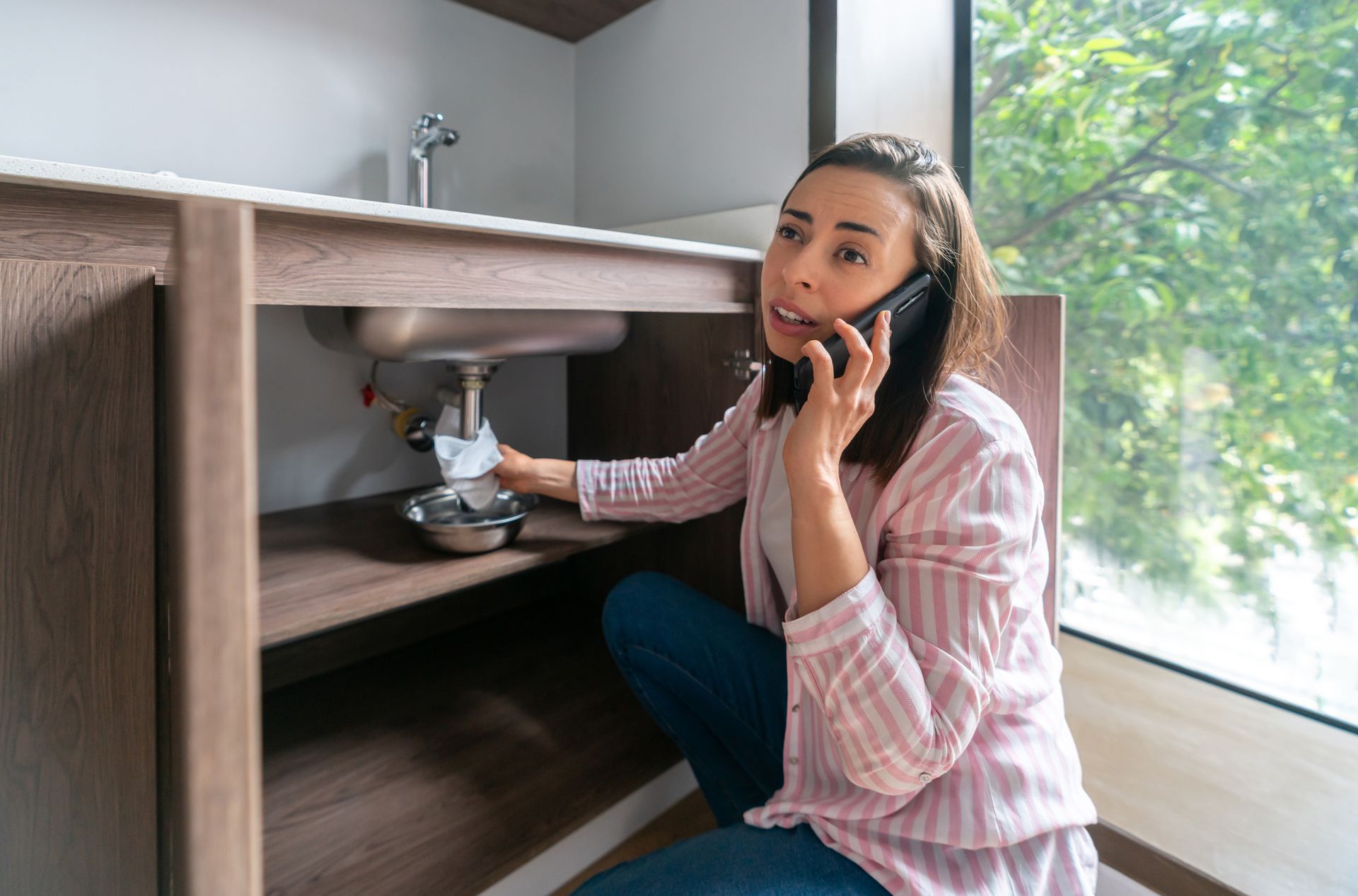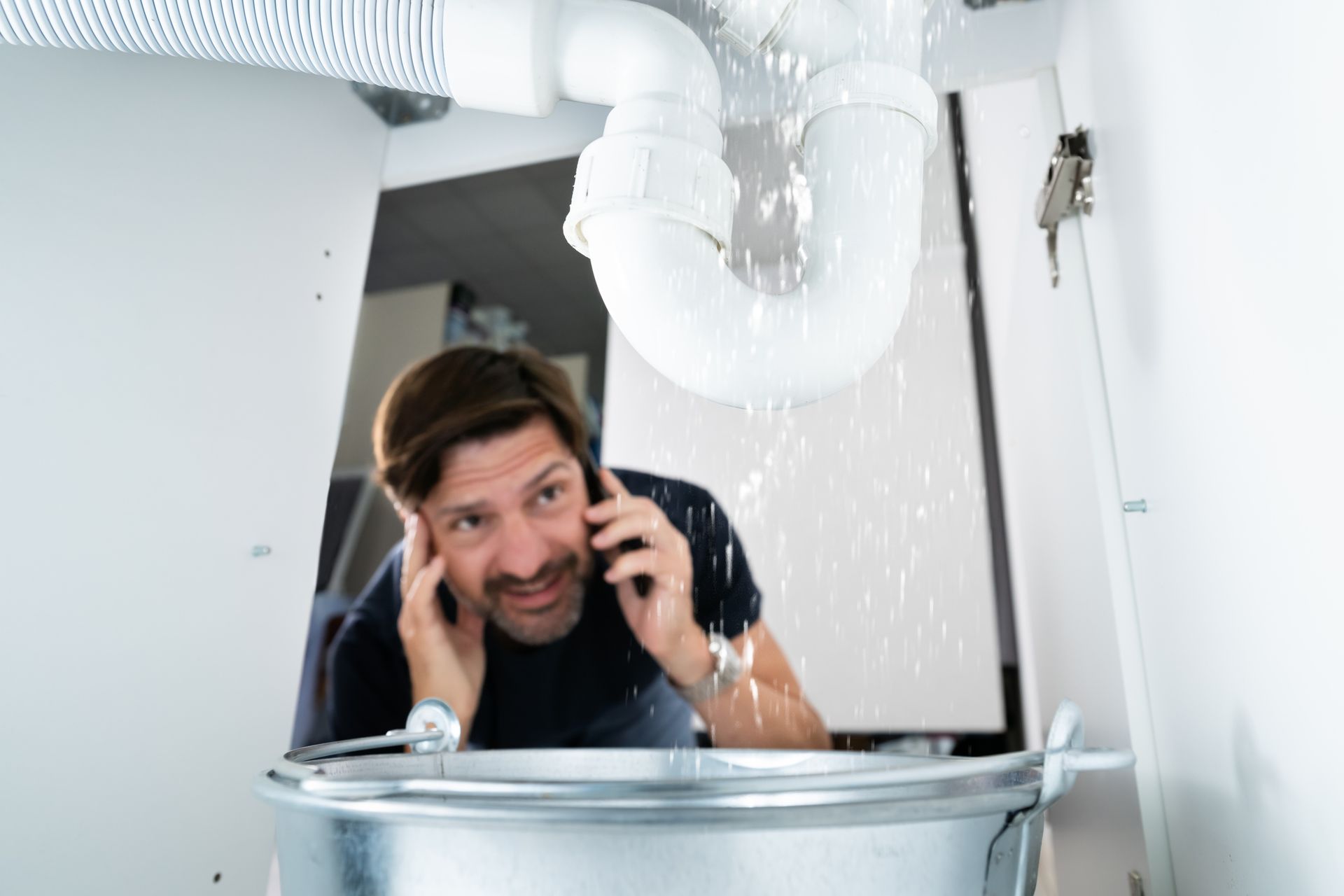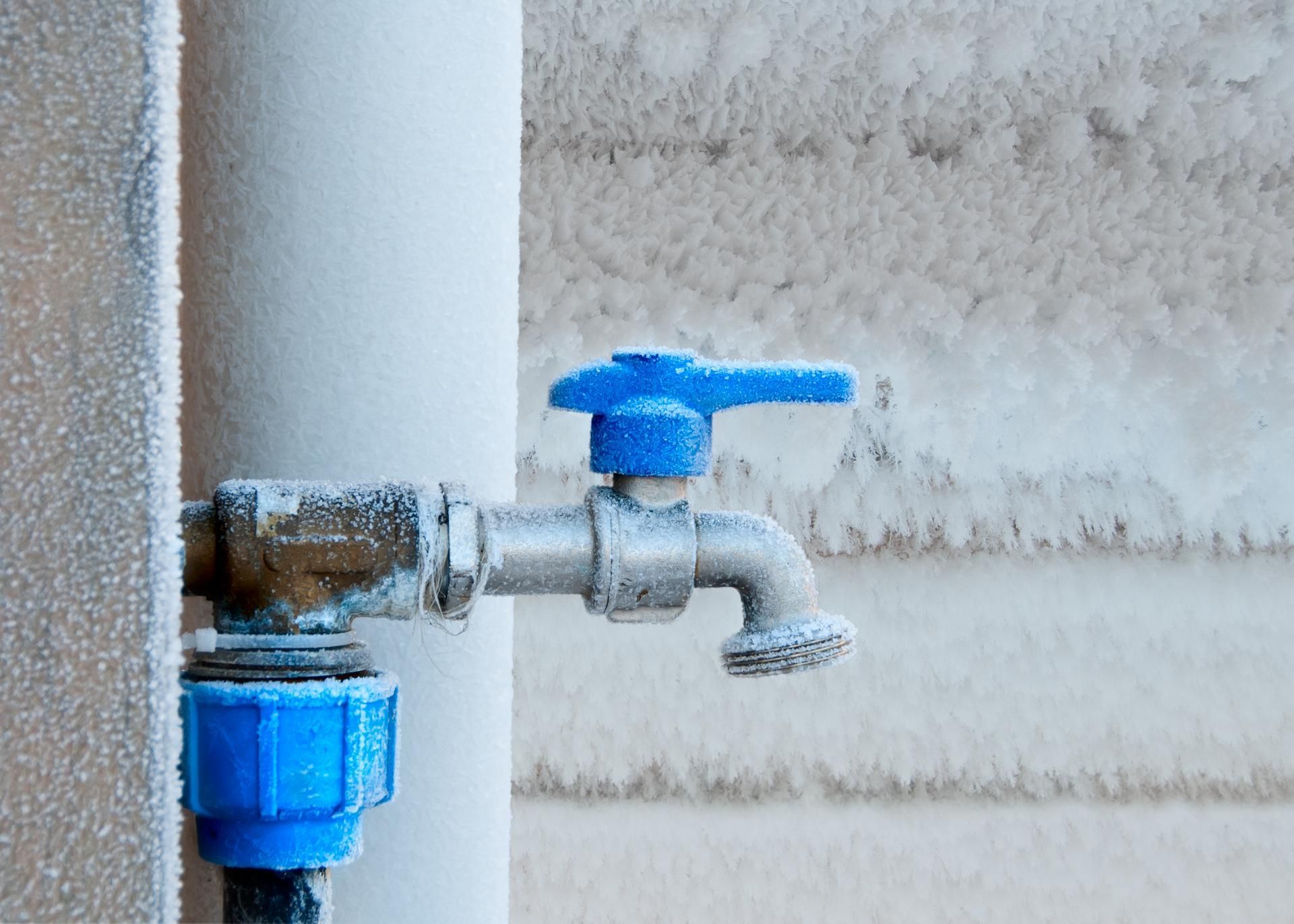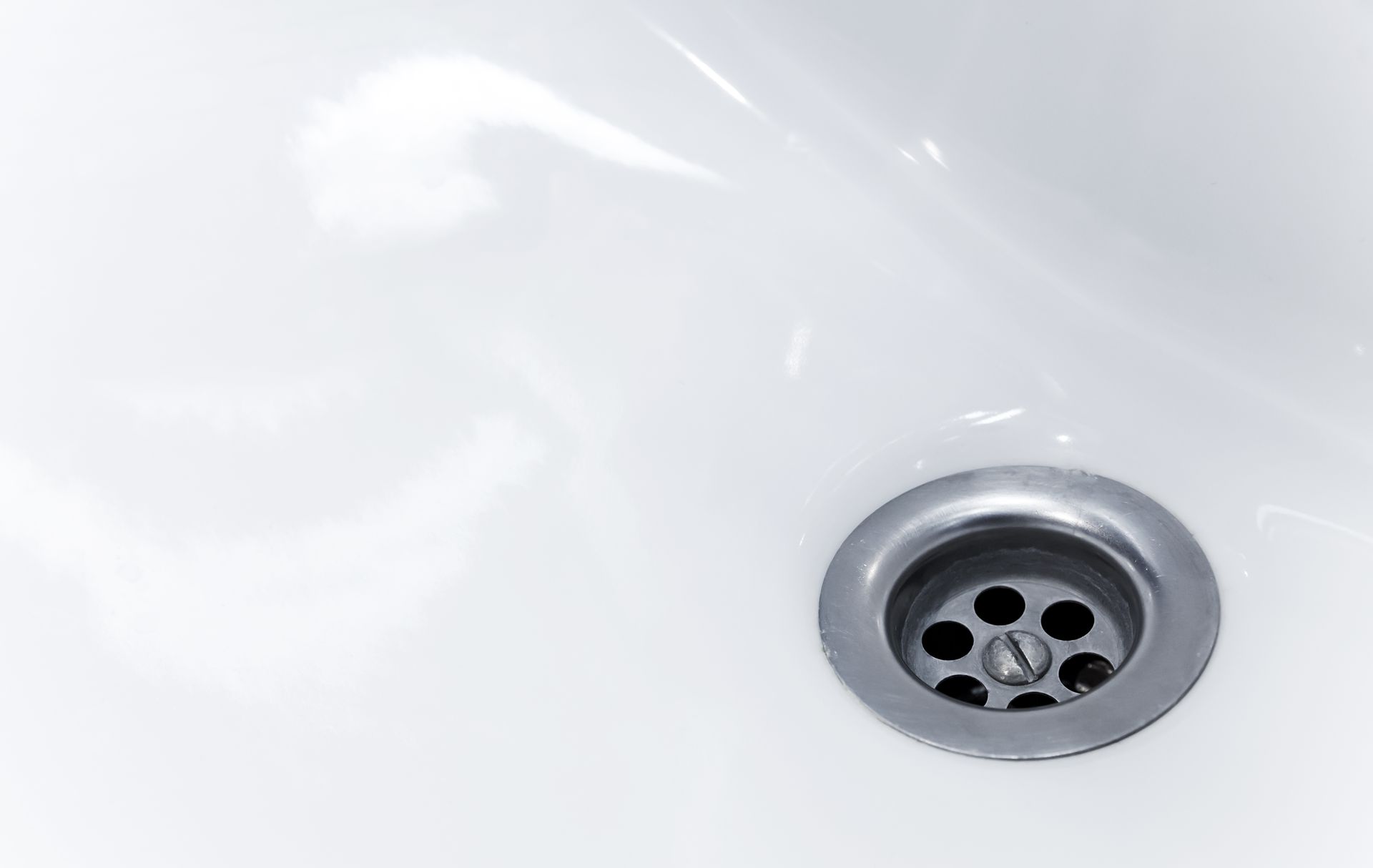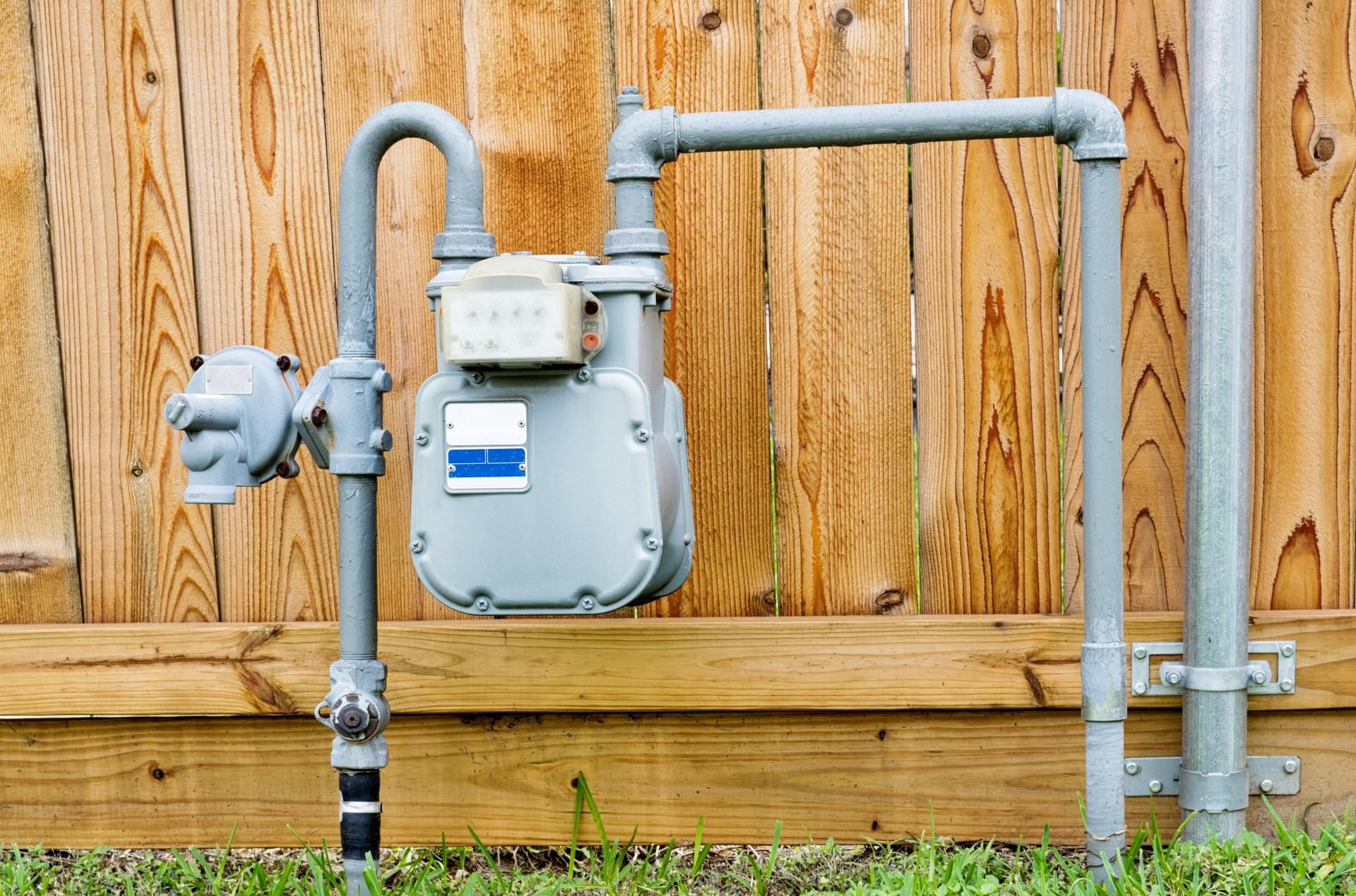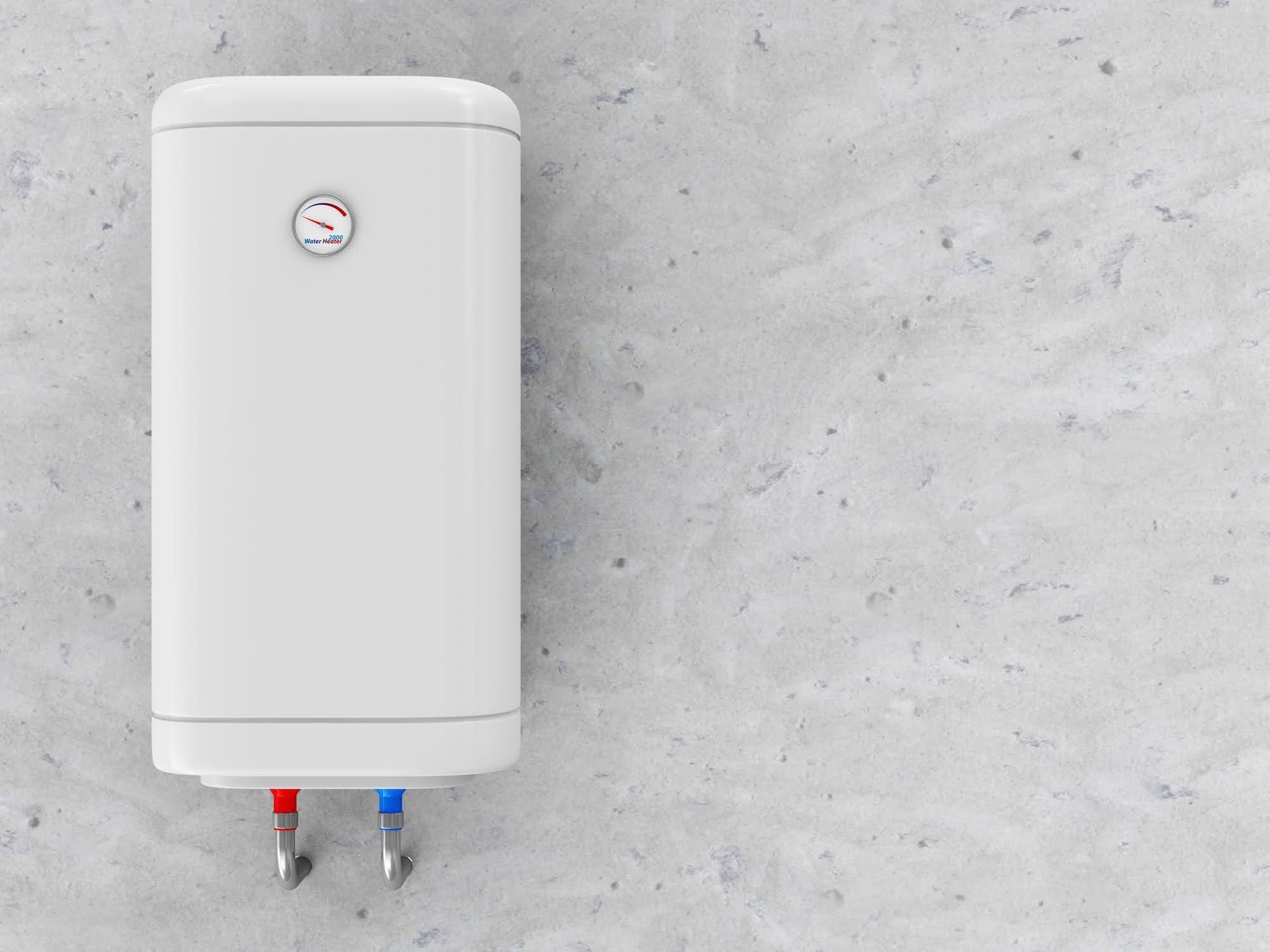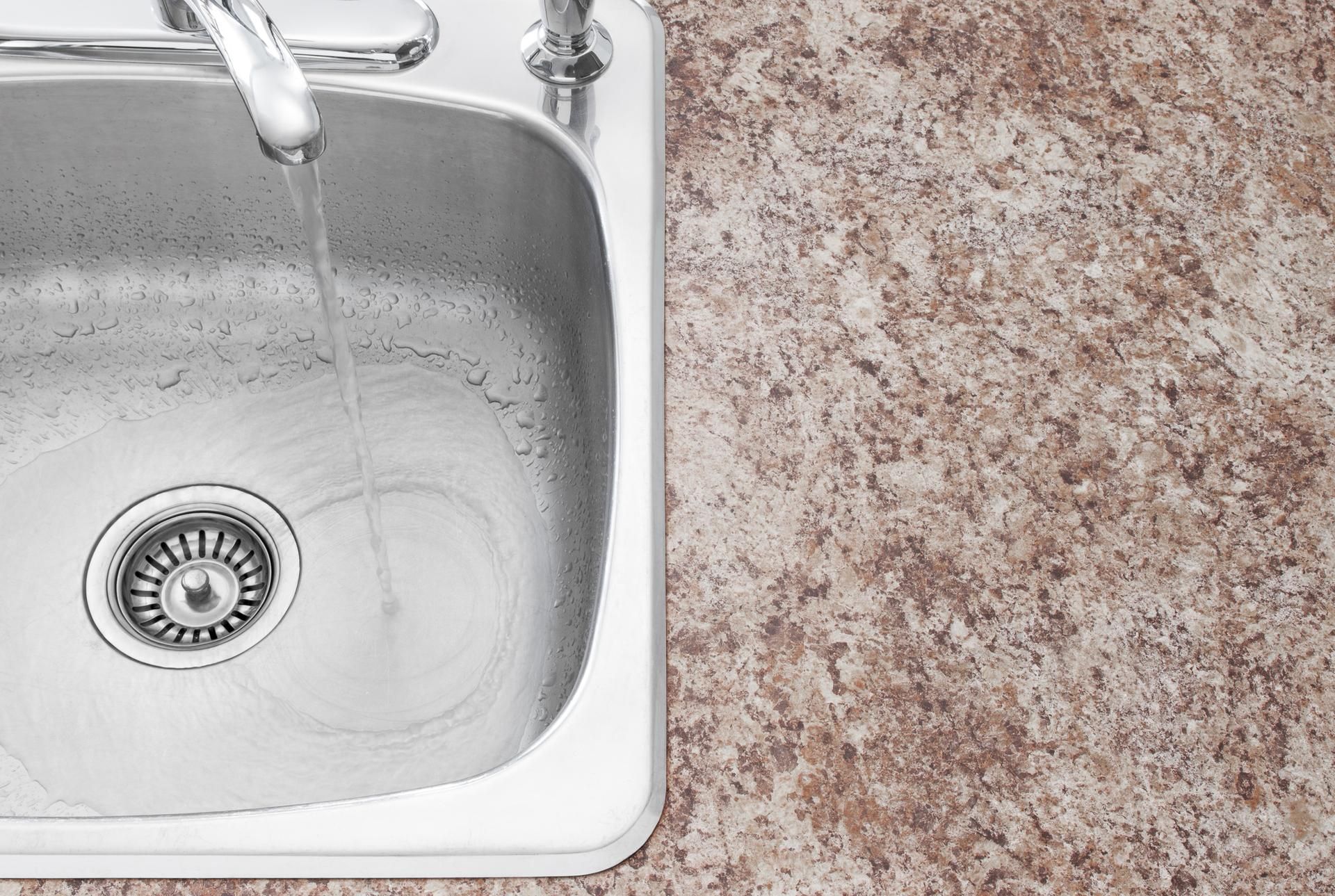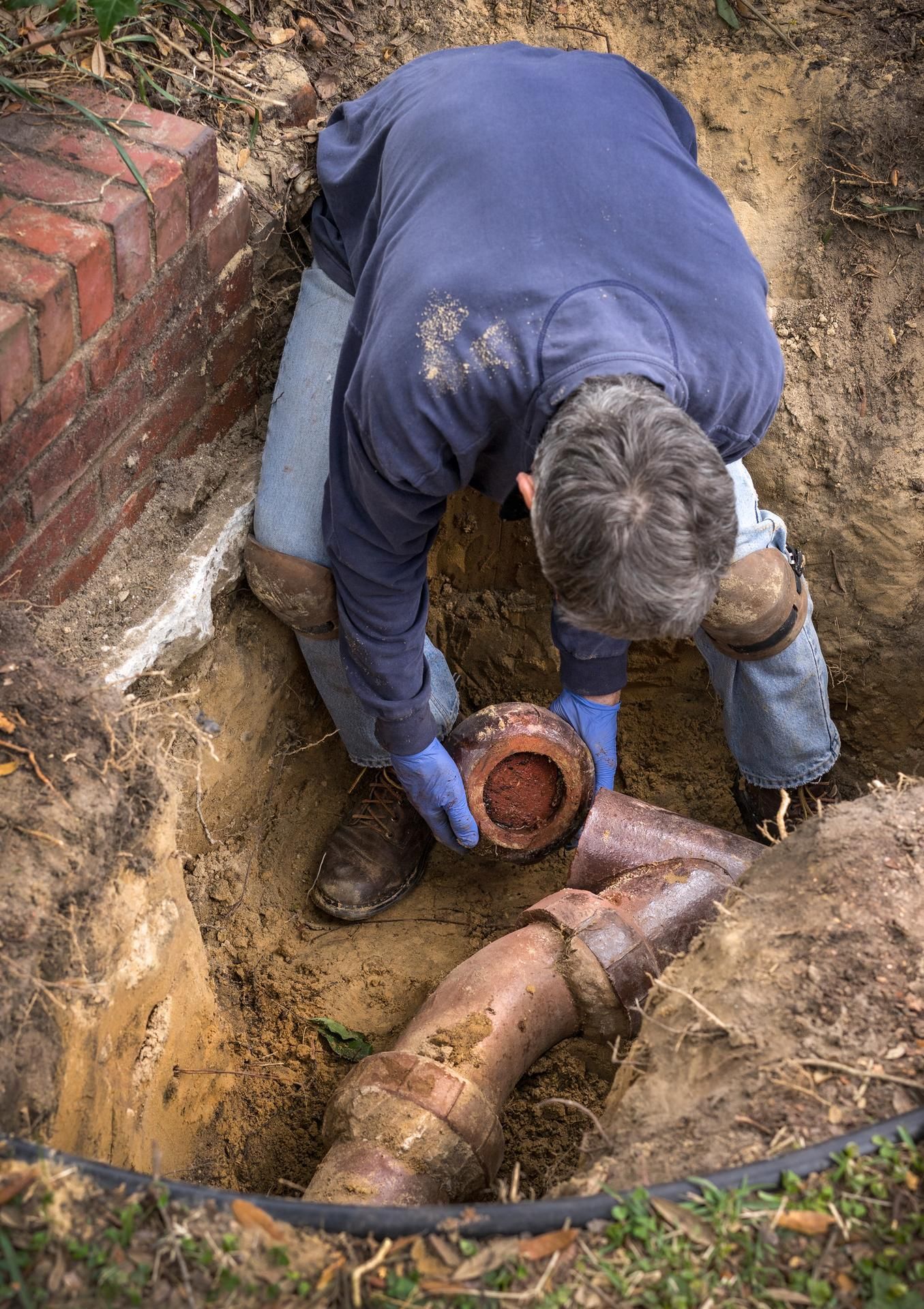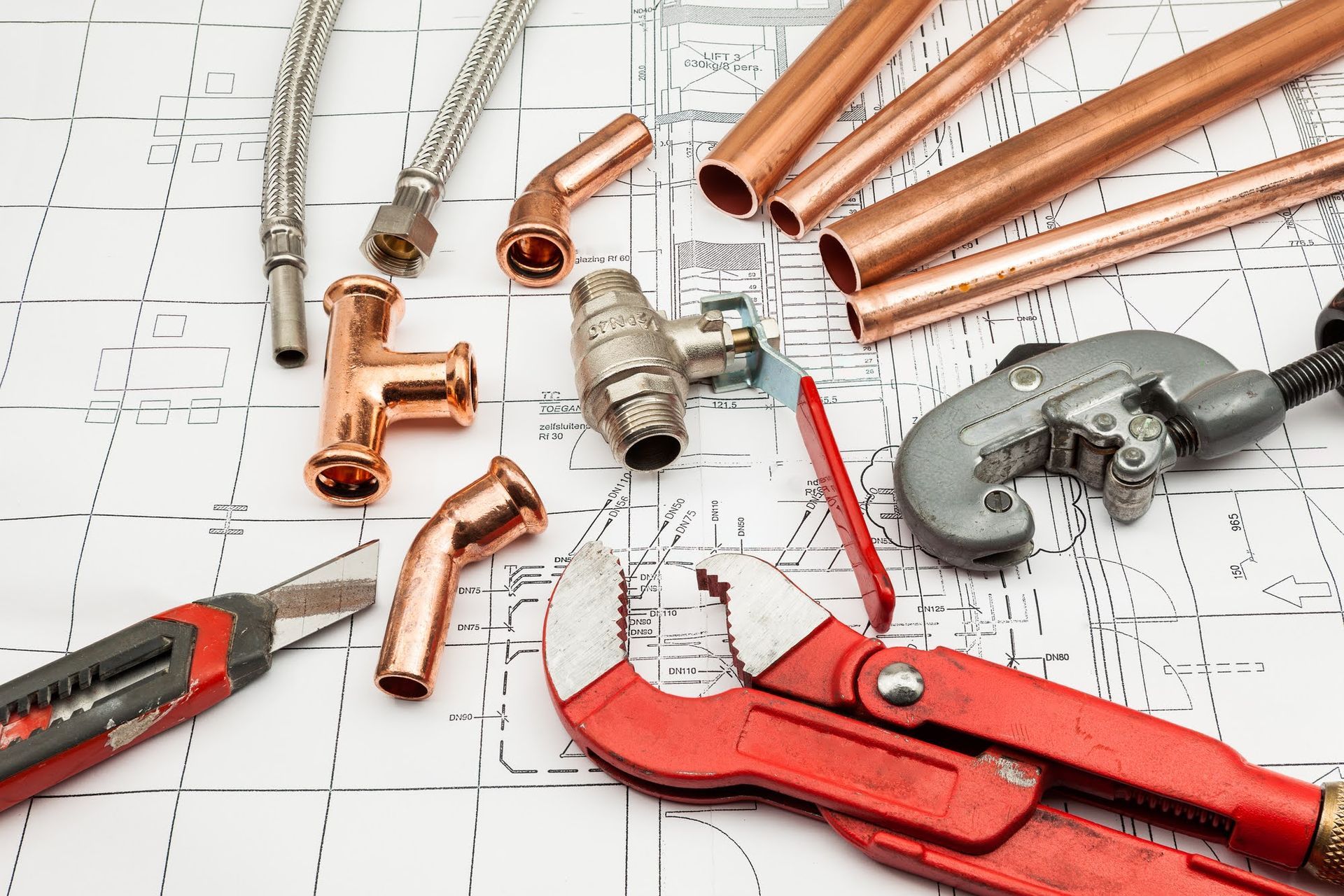When You Need New Gas Lines: A Comprehensive Guide
Gas lines are a critical component for any home that relies on natural gas for heating, cooking, or other functionalities. While they are constructed to be durable and long-lasting, there are specific instances when new gas lines are necessary. This blog post will explore these scenarios in detail to help you understand when it's time to consider installing new gas lines.
Aging Infrastructure
One of the primary reasons for installing new gas lines is aging infrastructure. Gas lines, like any other component of a home, deteriorate over time due to various factors such as exposure to the elements, regular wear and tear, and natural degradation. Older gas lines are more susceptible to leaks, corrosion, and other forms of damage, which can pose significant safety risks and result in an inefficient gas supply. If your gas lines have been in place for several decades, it might be time to replace them to ensure the safety and efficiency of your gas supply system. This proactive measure not only protects your home and family but also contributes to reducing the risk of costly repairs and potential gas-related hazards in the future.
Renovations and Remodeling
Home renovations and remodeling projects often necessitate the installation of new gas lines. Whether you are upgrading your kitchen, adding a new bathroom, or extending your living space, you may need new gas lines to accommodate these changes. Proper installation ensures that all your gas-powered elements and fixtures operate safely and efficiently.
Gas Leaks and Safety Concerns
The most urgent reason for installing new gas lines is the presence of gas leaks. Gas leaks are serious safety hazards that can lead to fires, explosions, and health issues due to the inhalation of natural gas. If you notice the smell of gas, hear a hissing sound near your gas lines, or see any signs of damage, it's crucial to call a professional immediately to inspect and replace the affected gas lines.
New Home or Building Construction
When embarking on the construction of a new residential property, one crucial aspect that cannot be overlooked is the installation of new gas lines. This process of gas line installation plays a pivotal role in the initial planning stages and throughout the construction phase, ensuring that the property is equipped with the necessary infrastructure for safe and efficient gas supply. Proper positioning, sizing, and connection of the gas lines are meticulously carried out to adhere to safety regulations and industry standards, guaranteeing the smooth operation and functionality of the gas system within the building.
Environmental Factors
Environmental factors can also necessitate the installation of new gas lines. Homes in areas prone to earthquakes, flooding, or severe weather conditions may experience damage to existing gas lines, making replacement essential. Additionally, shifting soil can cause gas lines to move or bend, leading to potential leaks and necessitating new installations.
Increased Demand
As your household grows, the demand for natural gas may increase. If your current gas lines are unable to handle the increased load, installing new lines can provide the necessary capacity to meet your needs. This ensures that your appliances and systems operate efficiently without overloading the existing gas infrastructure.
Installing new gas lines is not a decision to be taken lightly, given the importance of gas safety and efficiency. Whether due to aging infrastructure, renovations, safety concerns, or increased demand, knowing when to install new gas lines can prevent potential hazards and improve the overall functionality of your gas supply system. Always consult with a licensed professional to ensure proper installation and compliance with all regulations. A well-maintained gas line system is essential for the safety and comfort of your home or business.
If you need new gas lines for your home, contact our associates at Plumb Doctor for more information.



